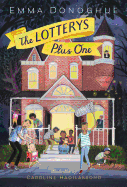 Among authors signing at the small and university presses author closing reception on Monday was the ABA's own Chris Finan, director of American Booksellers for Free Expression, whose new book, Drunks: An American History, will be published by Beacon Press in June.
Among authors signing at the small and university presses author closing reception on Monday was the ABA's own Chris Finan, director of American Booksellers for Free Expression, whose new book, Drunks: An American History, will be published by Beacon Press in June.
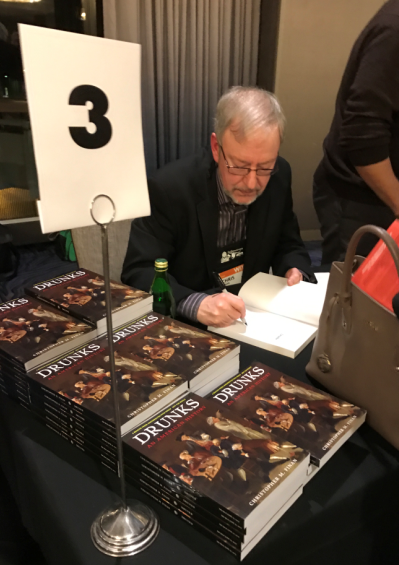 |
| Chris Finan |
The book is a social history of alcoholism in the U.S., from the 1600s to the present and includes a colorful cast of characters, including Iroquois leader Handsome Lake, who was dedicated to helping his people renounce hard liquor; Carrie Nation, who destroyed bars with an ax in protest against what alcohol had done to her family; and Bill Wilson and Dr. Bob Smith, who founded Alcoholics Anonymous in 1935.
Chris is also the author of Alfred E. Smith: The Happy Warrior and From the Palmer Raids to the Patriot Act: A History of the Fight for Free Speech in America.
---
Nearly 100 booksellers attended the ABC Presents panel on Successfully Merchandising and Selling Graphic Novels, moderated by Michael Link of Joseph-Beth Booksellers, Cincinnati, Ohio, and featuring Marika McCoola, Porter Square Books, Cambridge, Mass., Heather Hebert, Children's Book World, Haverford, Pa.; and Michael Bender of the Community Bookstore, Brooklyn, N.Y.
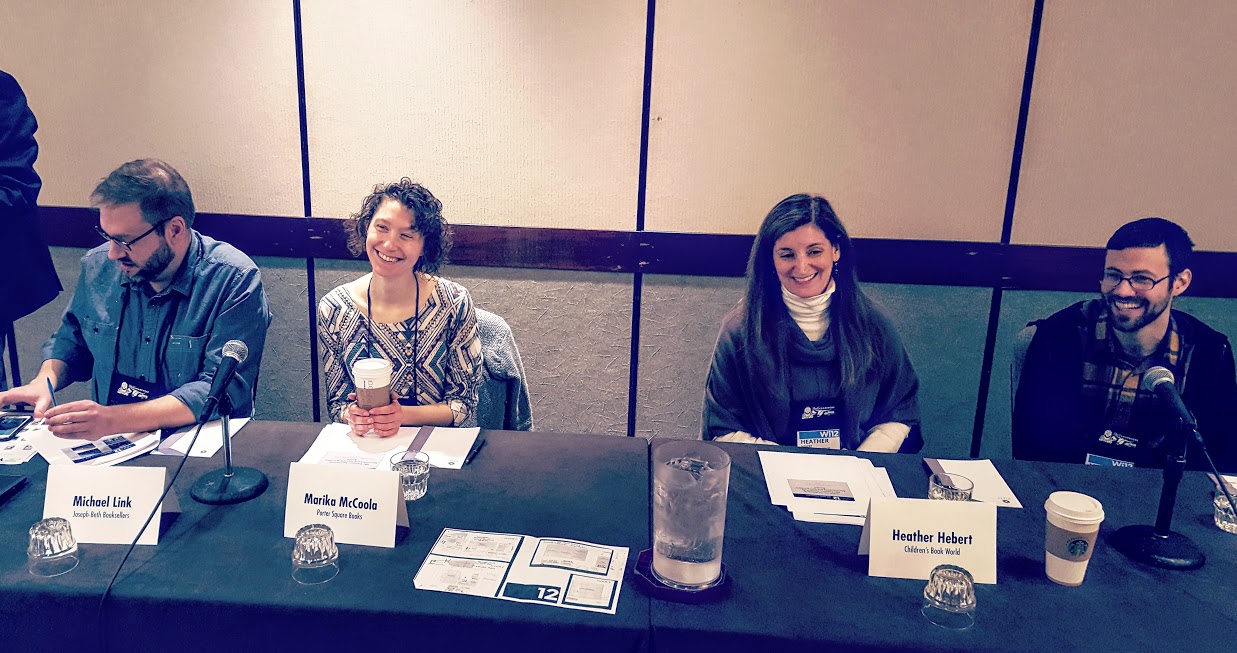 |
| Graphic novel panelists Link, McCoola, Hebert and Bender. |
The panel noted that graphic novels continue to be a strong and growing category, outperforming most other book categories. In 2016, book sales in all formats rose 3.3% over 2015, according to Bookscan. By contrast, graphic novel sales jumped 12% in 2016, faster than general fiction, and the fastest-growing category was the juvenile nonfiction graphic novel, up 91%.
In addition, the panel discussed a range of nuts-and-bolts issues, such as whether it's better to shelve graphic novels by author name or by title. (Most shelve by author, but then mix in series, such as Hergé's Adventures of Tintin series.)
The panel also discussed what to call a nonfiction graphic novel. Most panelists' stores continue to refer to them graphic novels, but some stores label the entire section "graphica" or "graphics."
---
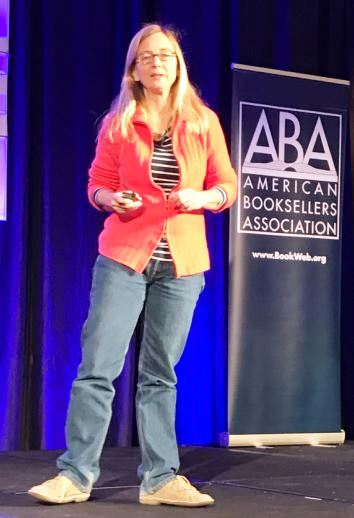 |
| Kim Scott |
Speaking at Monday's breakfast, Kim Scott, whose new book, Radical Candor: Be a Kickass Boss Without Losing Your Humanity, will be published by St. Martin's in March, thanked booksellers for all they do, saying, "The work you do is so important." To many sighs in the audience, she also acknowledged that "a lot of work that's come out of Silicon Valley has not made your life easier."
A veteran of many tech companies, most notably Google, and the co-founder and CEO of Candor, Inc., Scott outlined her "radical candor" approach, which she said will help people "do the best work of your life" and help in relationships of all kinds. In essence, she said, managers and owners "have to care about your employees and give a damn about them," to the point where, in dealing with an employee, "you challenge directly" and hold them accountable. Otherwise, she stressed, managers do staff a disservice, even if they're very nice: "Unfortunately love is not all you need to be successful."
She noted that challenging employees can result in "a double gift": if you confirm that there is a problem, you can work with the employee to identify and overcome it, but a manager might find that he or she had a misconception about the matter that was cleared up only because the the employee was asked about it.
She noted that not challenging people is a trait instilled in many people in early childhood, something that's "hard to undo." But "your job" demands that you challenge people, and there is a "moral obligation" to do so as well.
Again and again she stressed that the best combination is challenging directly and caring. Challenging directly without caring personally is just "obnoxious aggression," she said, and caring personally without challenging directly is "ruinous empathy," which many people engage in. She quoted Colin Powell: "Being responsible sometimes means pissing people off."
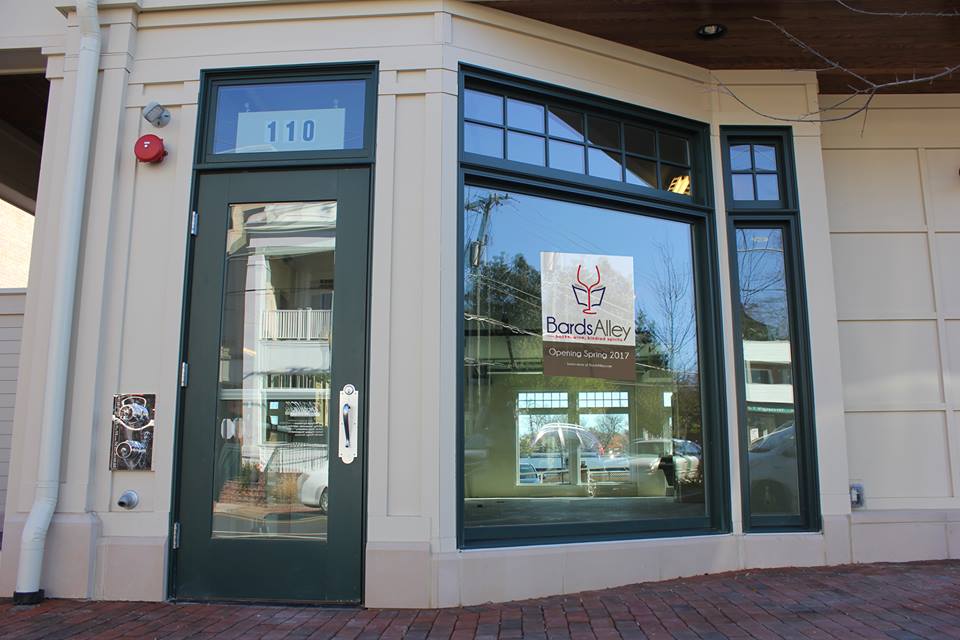 Jen Morrow, a former consultant, is opening Bards Alley, a bookstore and café wine bar, in Vienna, Va., in suburban Washington, D.C., in May, according to Patch.com.
Jen Morrow, a former consultant, is opening Bards Alley, a bookstore and café wine bar, in Vienna, Va., in suburban Washington, D.C., in May, according to Patch.com.









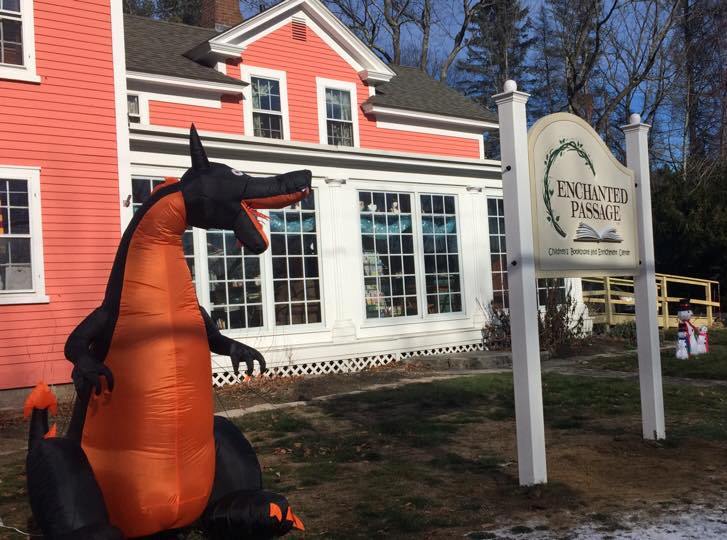 Enchanted Passage
Enchanted Passage Among authors signing at the small and university presses author closing reception on Monday was the ABA's own Chris Finan, director of American Booksellers for Free Expression, whose new book, Drunks: An American History, will be published by Beacon Press in June.
Among authors signing at the small and university presses author closing reception on Monday was the ABA's own Chris Finan, director of American Booksellers for Free Expression, whose new book, Drunks: An American History, will be published by Beacon Press in June.


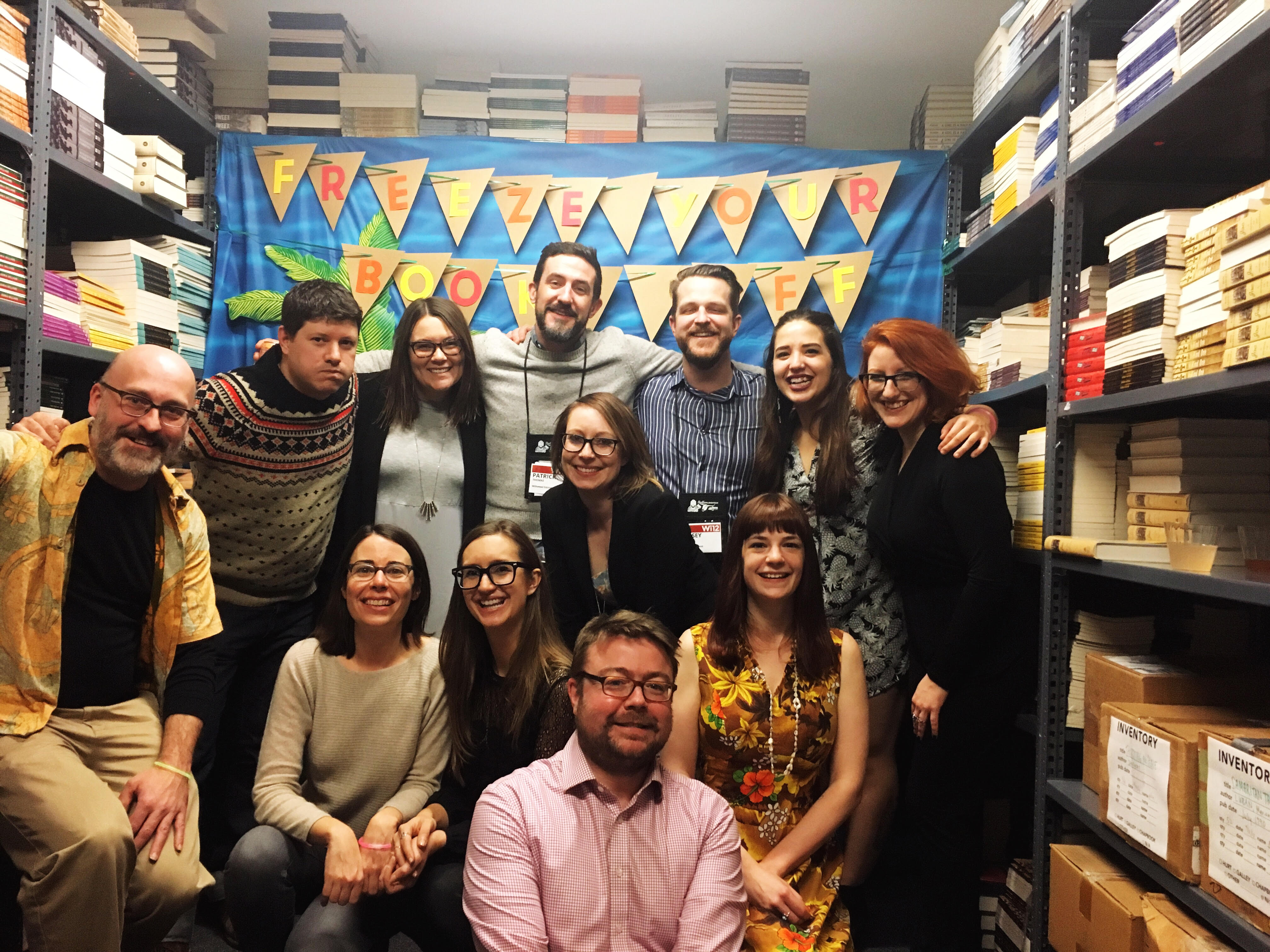

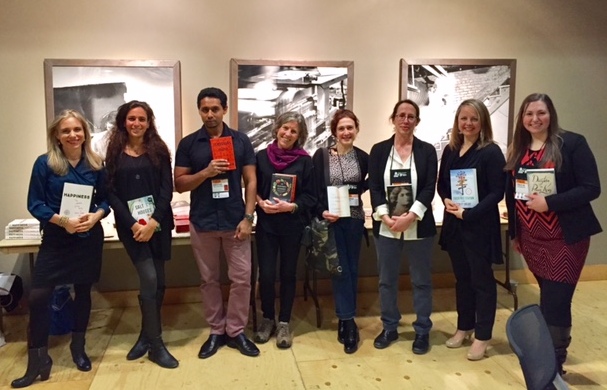

 The Southern Booksellers Alliance has added a Lifetime Achievement category to its annual book award program, the
The Southern Booksellers Alliance has added a Lifetime Achievement category to its annual book award program, the  Congratulations to the
Congratulations to the 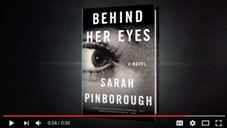 Behind Her Eyes
Behind Her Eyes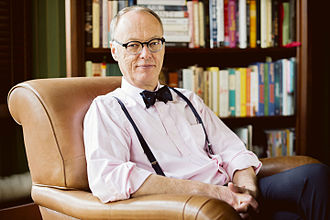
-1.jpg)
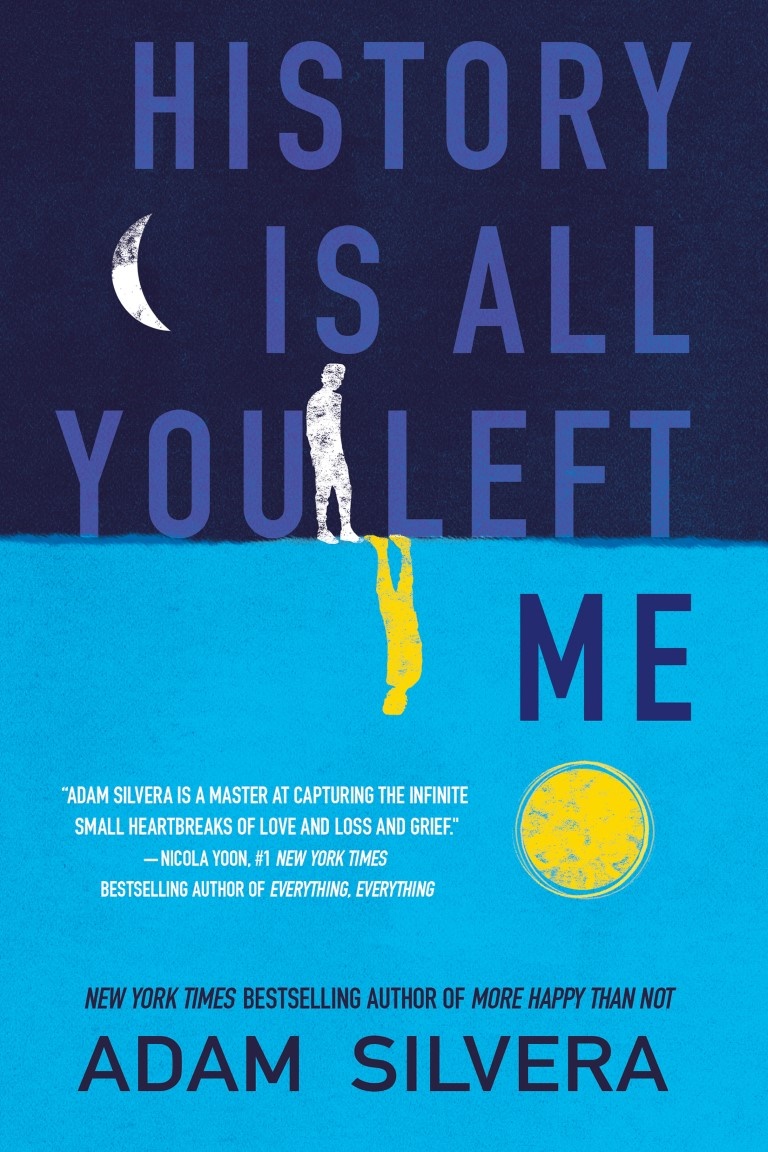 Book you're an evangelist for:
Book you're an evangelist for: 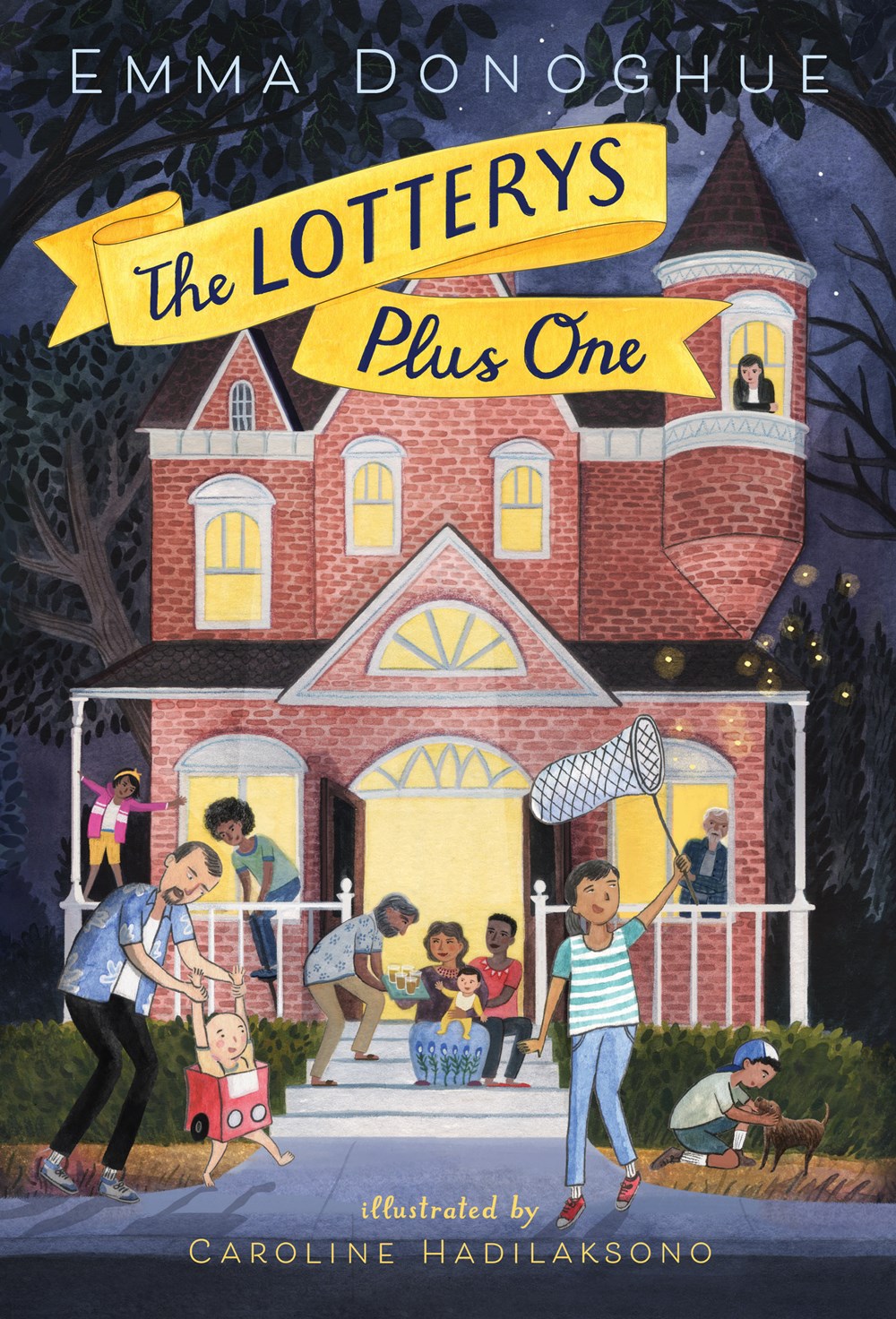 Sixteen years ago, a pregnant woman walking the hospital halls found a lottery ticket on the floor. The ticket proved quite the winner, enabling the new mother--and her three co-parents--to "buy a big house to fill with lots more kids, and do interesting stuff with [them] all day instead of going to work." Six more children later, the self-named Lotterys live an idyllic life in the 32-room Victorian home in Toronto they call Camelottery.
Sixteen years ago, a pregnant woman walking the hospital halls found a lottery ticket on the floor. The ticket proved quite the winner, enabling the new mother--and her three co-parents--to "buy a big house to fill with lots more kids, and do interesting stuff with [them] all day instead of going to work." Six more children later, the self-named Lotterys live an idyllic life in the 32-room Victorian home in Toronto they call Camelottery. 